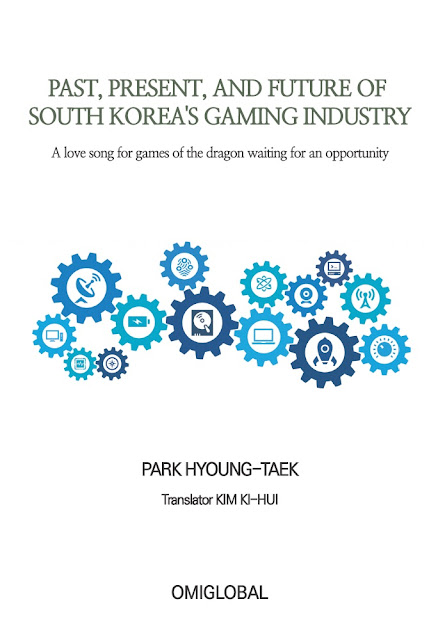泥中蟠龍's Game愛歌 [A love song for games of the dragon waiting for an opportunity] The fourth industrial revolution and the gaming industry (Part1)

泥中蟠龍's Game愛歌 [A love song for games of the dragon waiting for an opportunity] The fourth industrial revolution and the gaming industry (Part1) April. 12. 2018. The inaugural Gyeonggi Global Game Forum, which was supervised by Gyeonggi Content Agency, was held recently under the theme "Past, Present, and future of South Korea's Gaming Industry". I delivered a keynote address in the forum. Thanks to this column series that I have written for about five years, I assume that I played an important role as the opening keynote speaker. Taking this opportunity, I'd like to convey my sincere appreciation to The Kyunghyang Games. In my introductory statement, I needed to elaborate on past and current situations of the gaming sector and prospects for the industry in the era of the fourth industrial revolution. I kept talking about the past and present of the gaming industry through previous columns and I dealt with the future of the sector cou...